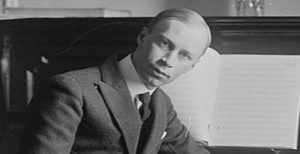There are three more performances of Manon: tonight, Friday, Jan. 31st, and matinee and evening performances on Feb. 1. If you are anywhere near the SF Opera House, GO now. It is a tragic story, but the dances and the dancers are brilliant. Anywhere in the Bay Area? Go. Somewhere else like Portland? Just do it. You will be breathless when you see these dancers. GO.
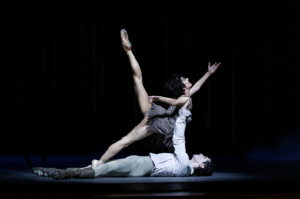 Jasmine Jimison and Max Cauthorn; San Francisco Ballet in MacMillan’s Manon // © Lindsay Thomas
Jasmine Jimison and Max Cauthorn; San Francisco Ballet in MacMillan’s Manon // © Lindsay Thomas
If you already know this story, skip ahead. If not, the next paragraph summarizes the sad tale.
The Story: Manon is the story of a beautiful young woman who lives on her availability for wealthy men. Act I: Her brother, Lescaut (performed by Cavan Conley) convinces her that they can make money and leave the rough life of poverty if he sells her. While Lescaut takes an Old Gentleman into an inn to bargain for Manon (performed by Jasmine Jimison), she meets Des Grieux (performed by Max Cauthorn). They fall in love. When Lescaut and the Old Gentleman leave the inn, Manon is missing. The lovers have gone to Des Grieux’s room. When Des Grieux leaves to mail a letter to his father, Lescaut arrives with another wealthy man. Manon quickly submits to the new man, Monsieur G. M. Des Grieux returns; the brother tells him they will all be rich if they sell Manon. Act II takes place in Madame’s hotel particulier, a brothel. The women dance and try to attract the men. Some are carried off. Manon is tempted by beautiful clothing and the wealth of Monsieur G. M. She tells Des Grieux to wait for a better time to be together. Des Grieux plays cards to make money for his love, but he is caught cheating; Manon and Des Grieux run to his room. Monsieur G.M. brings the police. Manon is arrested as a prostitute, and her brother is shot. Act III: Manon is sent to a penal colony in New Orleans. Des Grieux came with her by pretending they are married. The Gaoler becomes jealous. He forces himself on Manon; Des Grieux finds them and kills the Gaoler. The lovers escape to a swamp. Manon was the victim of her own desires for wealth and comfort, but she wanted to escape the miseries of poverty. She dies in Des Grieux’s arms.
Jasmine Jimison was magnificent as Manon. Her technique was exquisite. The choreography by Sir Kenneth MacMillan is innovative and powerful. The several pas de deux performed by Jimison and Max Cauthorn took my breath away. MacMillan likes to break a fouette turn into its parts. The balance and timing involved was beautiful. An arabesque with the supporting leg in plie then turns to releve to new directions and leaps. This challenging technique was an example of strength and beauty together; that is the heart of ballet. Jimison’s extension, suppleness, leaps: MacMillan could not ask for any more. The ballet seemed to be choreographed for her presence and astounding movement.
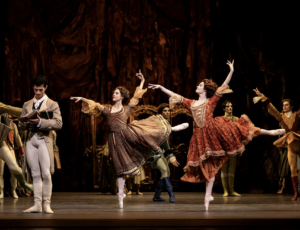 San Francisco Ballet in MacMillan’s Manon//© Lindsay Thomas Act II, Dancers at “Madame’s hotel particulier”
San Francisco Ballet in MacMillan’s Manon//© Lindsay Thomas Act II, Dancers at “Madame’s hotel particulier”
The music was wonderful. Martin West, Music Director and Principal Conductor led the San Francisco Ballet Orchestra to a triumphant performance. There were many choreographic moments which occurred exactly when the dancers needed the music to be the best partner possible. I remember Ms Jimison falling absolutely inside the musical moment. Fantastic. The Conductor, orchestra, dancers were wrapped up together as the music was so ideal it seemed we could see the music. MacMillan chose to use Jules Massenet’s music but, rather than the opera, he blended various pieces of Massenet’s work. The opera Manon, premiered in 1884; it continues in the international repertoire.
Now, get your tickets and marvel at the SF Ballet.
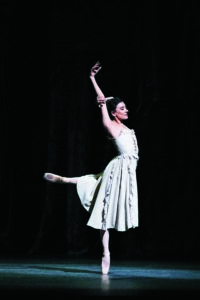
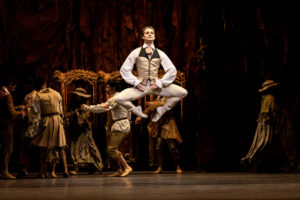
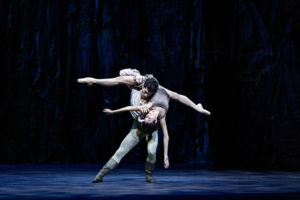
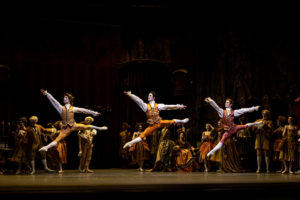
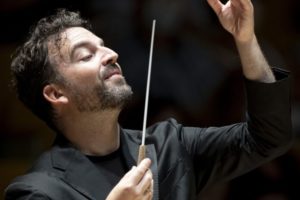
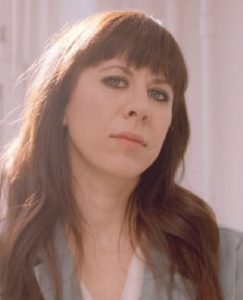 Missy Mazzol
Missy Mazzol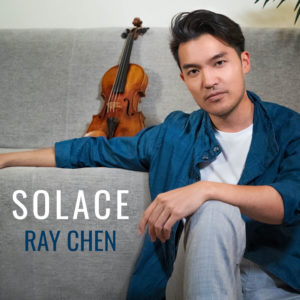
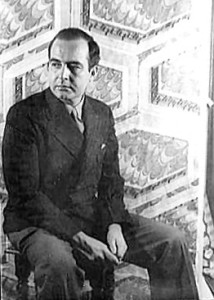 Sa
Sa